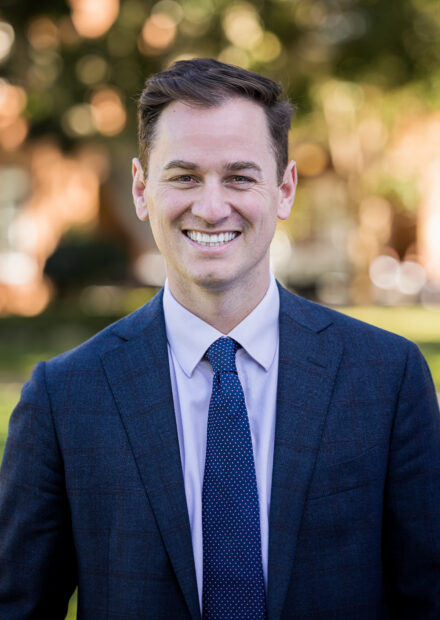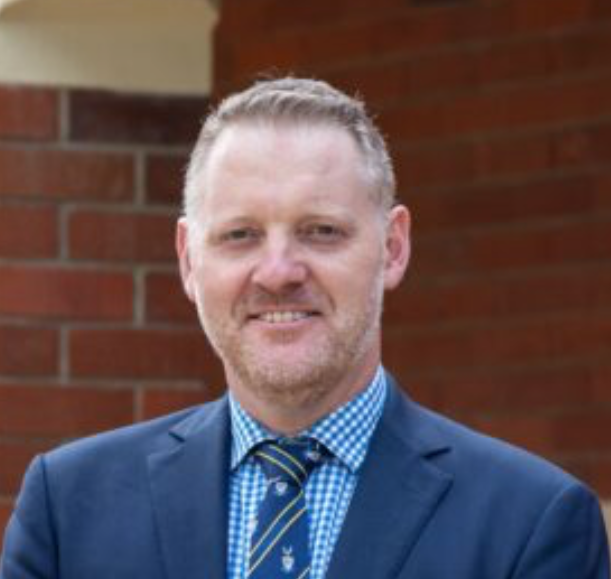
About
Karl Sebire is a consultant and thought leader at the intersection of technology, learning, and human behaviour. He currently works as Director of Learning Design & Innovation within the Vice Chancellor's Office at Australia's leading university. Additionally, as a sessional academic at the University of Melbourne, he brings cutting-edge academic insights to his work. With over two decades of experience in independent schools across the UK and Australia, and as a board member of ADHD Australia, Karl blends theoretical knowledge with practical expertise
An internationally published author and sought-after commentator, Karl offers a nuanced perspective on our complex relationship with technology. His engaging keynotes, seminars, and workshops have been presented to audiences worldwide, addressing pressing issues faced by parents, educators, and learners in the Digital Age.
Through his consultancy work with various organisations and schools, Karl continues to shape the discourse on how we can harness technology, manage distraction, and enhance learning and development in the 21st century.
Qualifications
-
Doctor of Philosophy (Cognitive Pedagogy)
-
Master of Education (Leadership & Technology)
-
Graduate Diploma of Education
-
Master of Communication
-
Bachelor of Applied Design
Selected Publications
-
Un:Stuck: Helping Teens and Young Adults Flourish in an Age of Anxiety
Co-author, Hachette Books -
Remote learning reinforced the joys of face-to-face teaching
The Age -
Dealing with increased screen time: Is a digital detox during a pandemic even possible?
Beat -
The coronavirus lockdown is forcing us to view ‘screen time’ differently. That’s a good thing
The Conversation -
Verius - Research Journal
Founding Editor, 2023
If you are looking for a collaborative, curious, and committed consultant to drive your school forward, Karl is your person! Having worked in schools himself, he understands the pressures and is realistic, yet aspirational, in his grounded and evidence-informed approach. Karl’s witty public speaking engages audiences to think deeply about this most important topic, and highlights key findings from his own research and those of global experts.

Tom Riley
Head of Vision Valley
Pymble Ladies' College
For any school or business keen on understanding more about attentiveness in such an age of distraction, do reach out to him. World-leading may seem a cliche, but it is as accurate as it is an understatement.

Mike Symons
Director of Boarding
Anglican Church Grammar School
Karl’s understanding of learning in an age of distraction and limitless technology is second to none. His insights and research into this area and of its implications on teaching and learning are profound. Karl’s work is relevant to both neurodiverse and neurotypical teens and would, without a doubt, add value to any school environment.

Tina Moshkanbaryans
Head of Diverse Learning
Knox Grammar School

Our most recent Trends in Education event was a most enlightening address, where keynote speaker Dr Karl Sebire adeptly addressed the common concerns and, indeed, misconceptions related to use of technology within the contemporary classroom and how it affects focus time. Dr Sebire provided a balanced and evidence-based case to suggest that technology can negatively impact student outcomes when utilised incorrectly. At the same time, however, he challenged the narrative that progression of technology is responsible for significant setbacks in focus and student performance.
Dr Sebire reminded the audience that, despite its progression, while technology in the classroom will never replace quality teaching strategies, teachers who are resistant to adopting it into their practice are paddling against a strong and relentless stream.
